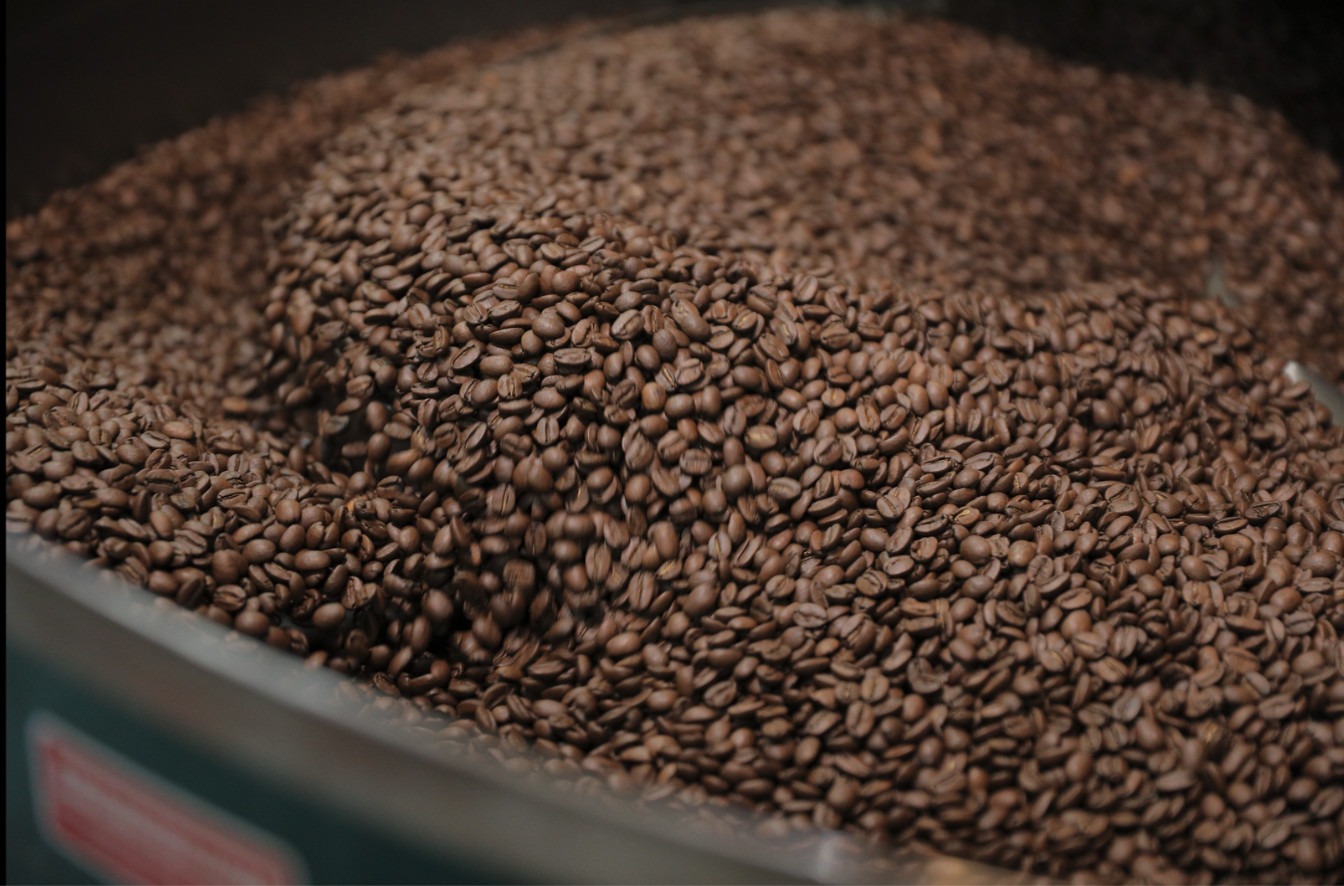Reflections On International Coffee Day
America celebrates National Coffee Day on Sept 29th and a couple days later the world celebrates International Coffee Day on October 1st.
For most people, those two days go by unnoticed and without fanfare. For the coffee industry as a whole, these are very important days to bring awareness to the entire network of coffee industry professionals from the farmer to the barista and every step in between.
It is also a time when issues facing the coffee industry can be examined, discussed, given priority and millions of minds can begin working on solutions.
American Coffee Consumers
To give you some background, let’s look at a few statistics about American coffee consumers. As far as I have been able to tell, these are the most up to date facts as of this writing.
a) The average American coffee drinker consumes 2.7 cups of coffee per day with the average cup size being 9 ounces.
b) Roughly 64% of Americans over 18 drink coffee every day.
c) American men drink more coffee than American women, but women spend more money on their coffee.
d) 50% of Americans who purchase a cup of coffee outside the home do so at a drive-through.
e) Although drip-maker use is on the decline and single-cup brewers are rising rapidly, drip makers still rank as the top method to make coffee.
f) The most popular way to drink coffee is with milk.
g) The number of Americans who buy coffee which indicates fair trade or environmentally friendly has crossed the 50% threshold.
h) Millennials who consume coffee prefer specialty coffee in the seventy percentile.
i) The United States coffee industry creates 1,694,710 jobs and is worth over $225 Billion dollars in economic impact* including over $25 Billion in taxes.
Global Coffee Consumers
Let’s also look at the larger backdrop and some global statistics:
a) Coffee ranks in the top five most consumed beverages in the world, with water, tea, soda, and beer!
b) Coffee is the world’s seventh-largest legal agricultural export by value.
c) Brazil is the largest coffee producer in the world, making more coffee than numbers 2, 3, and 4 combined. (#2 Vietnam, #3 Indonesia, #4 Columbia)
d) It is estimated that on the planet Earth, over 2.4 billion cups of coffee are consumed every day.
e) Worldwide economic impact* makes coffee one of the most valuable commodities in the world.
f) The demand for quality specialty coffee has never been higher in the history of the world.
*Note: Economic impact refers to all elements that fully or partially support the industry including, farmers, importers, cafes, hotels, transportation including shipping and trucking, roasters and packaging, add ons including creams and sugar, flavorings, disposable and non-disposable products including cups, pods, brewers, filters, maintenance, equipment sales and service, indirect services including accounting and marketing, wages and taxes.
Hopefully, you see the amazing value that coffee creates around the world.
The International Coffee Organization (ICO)
This year the International Coffee Organization is working to highlight the plight of the farmer, the threats they are facing, and the need to take collective action.
It used to be said that for every dollar created in the coffee commodity chain, the farmer got a penny. Those economics have shifted for many but still not enough.
Things like Fairtrade Coffee has had a significant positive impact on farmers by guaranteeing prices. The idea is that when you treat the farmer fairly everyone benefits. It means more stability for the farmer who can make longer-term decisions for investing in their operations and can in turn benefit whole communities.
However, in the end, Fairtrade is a type of minimum wage. If you have ever tried to live on minimum wage you know it is very hard to do. Please don’t misunderstand, a minimum wage is better than no minimum wage but it isn’t necessarily a living wage. Who determines what a living wage is by country and region is still a major question.
The point is, when farmers have no stability, fluctuations in price and demand can be devastating. Farmers are less inclined to invest in equipment that make them more productive and less likely to focus on quality. This is a vicious cycle that leads many farmers out of business.
So, this year the International Coffee Organization is calling upon consumers, the coffee industry, government, and banks to sign a Coffee Pledge in support of a living income for farmers.
They are pushing for a total reimagining of the supply chain, and a different distribution of the wealth generated by it. The complexities are many.
Complexities Abound
In the commodity chain, the roaster can double their money. The café can sell a cup for triple the cost. Investors can make massive amounts on coffee futures. Costs in each of these businesses are quite different. How much does each section need to give back to the farmer? What would partnerships look like? How much are consumers willing to bear the brunt of price increases?
What kind of oversight prevents farmers from being taken advantage of and guaranteeing the consumer is buying the right product? Would these policies limit market competition, become a barrier to entry? Would these policies lead to a consolidation of farms by corporate entities resulting in the loss of the small farmer?
The nuances are endless, and sometimes seemingly “good ideas” have unintended ripple effects that harm certain segments of the supply chain. Further, the practical implementation of these good ideas can also be inconsistent or lopsided without a system to oversee the process.
Adding to all of that is a long heritage of coffee’s role in the subjugation of native people all around the world and a desire to evolve the industry into a shining example of what is possible. Coffee drinkers are thinkers and doers, and step by step, year by year, organizations like ICO help organize millions of thoughts and ideas into tangible action steps.
I find it exciting and am looking forward to the evolution of the next generation of the coffee industry. It may change the way the world brings products to the market. It may not. Either way, it is an industry that has a history going back to the 1400s and will be an interesting story to follow. Cheers.

Matt Carter is a retired teacher (1989-2018), part-time musician, farmer, and currently manages Greenwell Farm’s Tour and Retail Store Operations.






